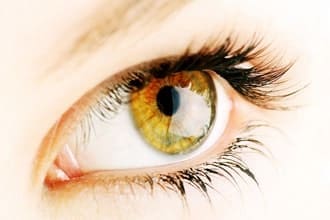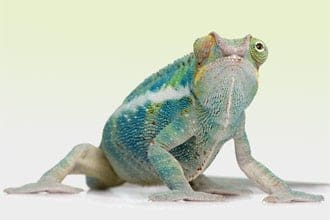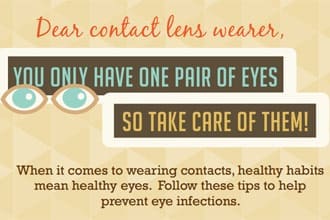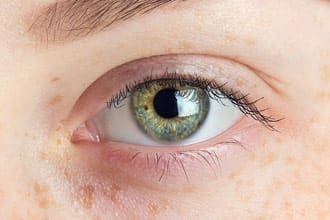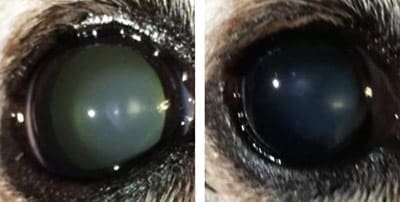September 8, 2015
Published by Dr. Mintchell at September 8, 2015
Categories
The scientific explanation of hazel eye color. …read more Source:: All About Vision
September 5, 2015
Published by Dr. Mintchell at September 5, 2015
Categories
How chameleon eyes work both independently and together. Amazing! …read more Source:: All About Vision
September 2, 2015
Published by Dr. Mintchell at September 2, 2015
Categories
Retinal progenitor cells may be able to reactivate degenerating photoreceptors in the back of the eye. …read more Source:: All About Vision
August 28, 2015
Published by Dr. Mintchell at August 28, 2015
Categories
The CDC’s new contact lens infographic features tips to help prevent eye infections. …read more Source:: All About Vision
August 23, 2015
Published by Dr. Mintchell at August 23, 2015
Categories
Vitamin A deficiency is the leading cause of preventable blindness in children. …read more Source:: All About Vision
August 18, 2015
Published by Dr. Mintchell at August 18, 2015
Categories
It isn’t FDA-approved, but CXL may help young keratoconic eyes. …read more Source:: All About Vision
August 15, 2015
Published by Dr. Mintchell at August 15, 2015
Categories
Nutritionist releases alarming info about lack of nutrients in children’s diets. …read more Source:: All About Vision
August 6, 2015
Published by Dr. Mintchell at August 6, 2015
Categories
Another of Bill Nye’s classic shows! …read more Source:: All About Vision
August 3, 2015
Published by Dr. Mintchell at August 3, 2015
Categories
University of California San Diego scientists developed drops that reduced lens cloudiness in animal studies. …read more Source:: All About Vision


